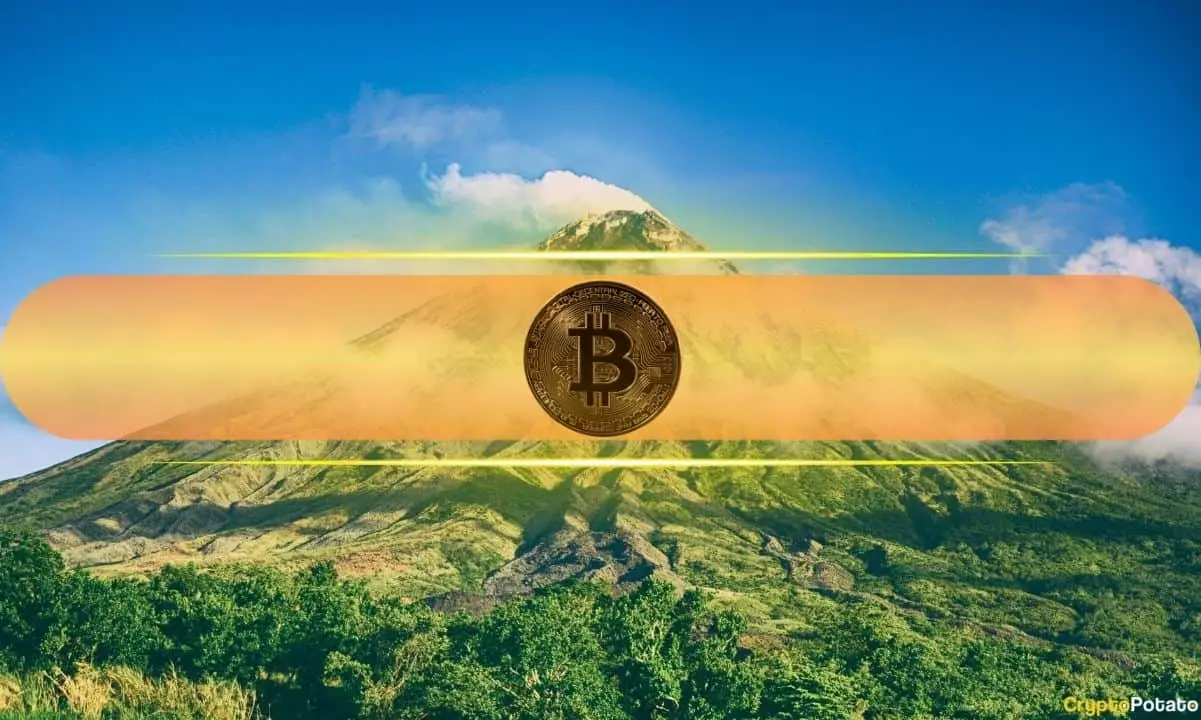El Salvador’s recent staff-level agreement with the International Monetary Fund (IMF) concerning its 40-month Extended Fund Facility (EFF) arrangement brings both hope and concern. Yes, the pact underscores a seemingly robust initial performance by the Salvadoran government. However, it also starkly highlights that this progress is deeply contingent on the ongoing adherence to stringent conditions. International governing bodies like the IMF often impress a watchful eye, but this raises questions about the degree of autonomy a nation can exercise in shaping its own economic fate. The agreement will only solidify after the approval of the IMF’s Executive Board, leaving the Salvadoran economy susceptible to international directives.
This dynamic raises significant concerns about the extent to which economic reform can be genuinely sustainable. Are the achievements truly emblematic of the nation’s capacity, or merely a compliance show for external financiers? The path forward is riddled with stakes, pressing the question of whether such conditional support cultivates true growth or promotes the fragility inherent in borrowing from powerful international factions.
Fiscal Tightening: Pain Before Gain?
The notion of “fiscal tightening measures” sounds prudent on paper. Notably, this includes reductions in public wages, strategic cuts in current spending, and potential reworks of the pension system. On the one hand, these steps are in line with standard economic rehabilitation practices; on the other, they beckon long-term repercussions for the very social fabric they attempt to mend.
For a country like El Salvador, characterized by economic inequality and vulnerabilities, austerity measures can have dire consequences, thrusting more citizens into hardship. As the government pushes to boost its external reserves through these measures, one must question the future economic landscape—who bears the brunt of this reform? While investor confidence may be high and remittance flows steady, fiscal tightening risks undermining the domestic consumer base, further exacerbating poverty levels.
Bitcoin Dilemma: A Costly Indulgence
Perhaps the most polarizing aspect of El Salvador’s economic strategy is its Bitcoin adoption—an initiative that has ignited both fervent support and vehement disapproval. Despite the IMF’s articulated apprehensions regarding El Salvador’s crypto engagement, such as limiting government-held Bitcoin assets and restricting public sector participation in cryptocurrency transactions, the nation’s Bitcoin Office persists with its daily acquisition of BTC.
With approximately 6,190 BTC, valued around $675 million, the independence exhibited by President Nayib Bukele raises grave concerns about maintaining a balance between innovative economic strategies and practical risks. Is it tenable for a country with a tumultuous economy to dally in volatile currencies while the IMF rattles off its list of warnings? The commitment to Bitcoin, viewed as a cornerstone of Bukele’s vision, may well serve as economic innovation—or it may lead to further economic instability, rendering Salvadorans vulnerable to market whims and international scrutiny.
The Political Narrative: Who Benefits?
President Bukele’s charisma and approach have undeniably seized international attention, captivating many who seek a departure from traditional governance. However, the narrative surrounding his administration’s actions warrants a more skeptical examination. Are we witnessing the renaissance of Salvadoran economic sovereignty or the birth pangs of a regime seeking to enchant its populace through crypto illusions?
Though advances in governance have been noted, the cost of such progress is hardly transparent. Will reduced public spending provide actual benefits to the average Salvadoran, or will they find themselves in a precarious position, sacrificing welfare for fiscal prudence dictated by the IMF? It is crucial to maintain a critical gaze on how power dynamics within the nation are reshaping under foreign alchemy, and whose interests are ultimately being served.
By advocating for an economic framework led by both international oversight and innovative practices, the Salvadoran leadership must tread carefully. The promise of reform lies not just in meeting IMF demands, but ensuring that the fundamental needs of the populace are not lost in the quest for external validation. In a world of interconnected economies, El Salvador’s experience will resonate far beyond its borders, questioning the efficacy and ethics of international financial dependency.
















Leave a Reply